Able to be automatic or gravity-fed, chain oilers significantly reduce the effect of wear and tear on the chain and sprocket as well as protecting against losses in power transmission and bad fuel. Read More…
Established in 1997, Acumen Technologies, Inc. has been a trusted manufacturer of a high quality chain oiler for fifteen years. Our experienced employees are very knowledgeable and ready to answer any questions you may have about lubricating products and equipment. We seek to create products that solve lubrication problems you may be having. Contact us today and let us know how we can serve you!

Our grease pumps cannot be topped! Since we were established we have been providing our customers with an extensive line of lubrication systems equipment that will stand up the rigorous wear and tear of everyday application in order to provide a lifetime of value. We have been providing our customers exceptional customer service and this is a tradition that we strive to continue. Visit our...

Automatic lubricating systems, lubrication equipment, bulk grease transfer systems, pumps and other lubricating machinery are available through us. We design and manufacture lubrication systems and make repairs. We distribute specialty lubricants, chain lubricators and other lubrication products.
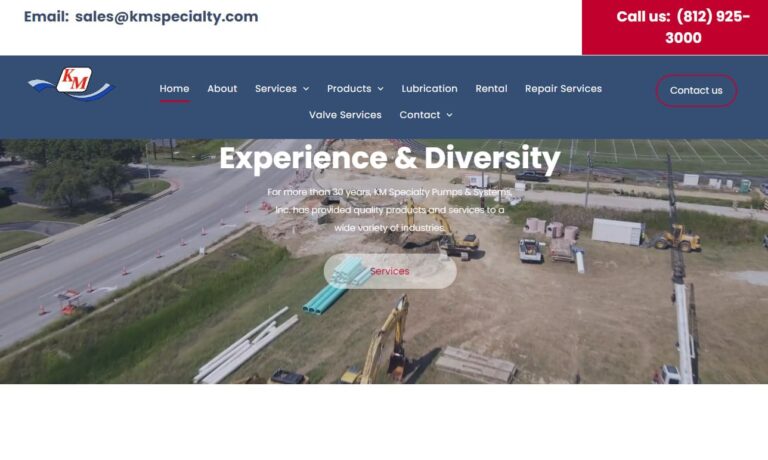
North American manufacturer and distributor of meters and systems designed for monitoring circulating oil lubrication and grease distribution. Product types include variable area flow meters, oval gear flow meters, grease pumps, dosers and flow sensors. ESKO meters are available in multi-flow configurations of up to 12 meters in a bank. Lubrication monitoring systems can be furnished in custom...
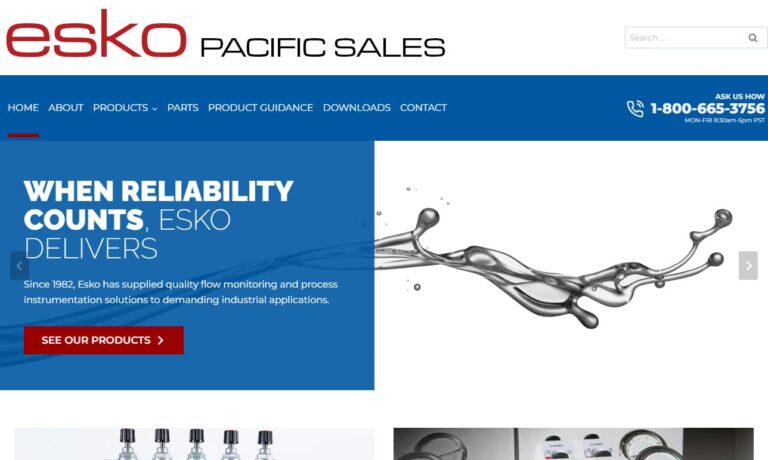
Are you looking for variety and ease in ordering? Then you've come to the right place... D & D Instruments. We offer automotive oil gauges and vacuum gauges. We also provide pressure process gauges. We furnish extensive on-line ordering so you can order just the right product for your application.

More Chain Oiler Manufacturers
Chain oilers are most often utilized in power transmission applications in the marine, aviation and automotive industries. Motorcycles, cars, ships, airplanes and trucks are just a few examples of products that benefit from chain oiler use. Additional industries that benefit from the use of this sometimes automated lubricator include: construction, for the lubrication of portable power tools such as chainsaws; industrial manufacturing, for the lubrication of material handling equipment such as chain conveyors; agriculture, for the lubrication of chains in farming machinery and equipment; and residential, for the lubrication of appliances and outdoor equipment such as power gardening equipment.
Proper lubrication is vital to the operation of equipment, and chain oilers can help to both optimize the performance of chain-operated machinery and enhance longevity. In addition, chain oilers are typically encased in a metallic body, an oil dispenser, to decrease contamination of the lubricant.
Chain oilers consist of a lubricant reservoir, a valve, a valve body and, at times, a brush to ensure even distribution of the lubricant. The lubricant reservoir is mounted atop the valve body and is often constructed from a combination of glass and metal such as aluminum or steel; however, the reservoirs can also be made of plastic.
The lubricant reservoir functions to store lubricants that are about to be dispersed to the area of the requiring lubrication. In chain oilers, the most common lubricants are synthetic oils, although mineral oils may also be used. There are a couple different types of valves that may be utilized in chain oilers, although needle valves are common for gravity-fed chain oilers, while solenoid valves are common for automatic chain oilers.
Needle valves are small valves with a slender point that enables precise regulation of lubricant flow, while solenoid valves are electromechanical valves that convert electrical energy into mechanical energy in order to distribute the lubricants. The valve body is typically small slender cylindrical tubes that contain the valve and protect both the valve and the lubricants being distributed from any harm.
Valve bodies are often constructed from metals such as aluminum alloys and steel, and can have brushes attached at the bottom to aid in lubricant distribution.




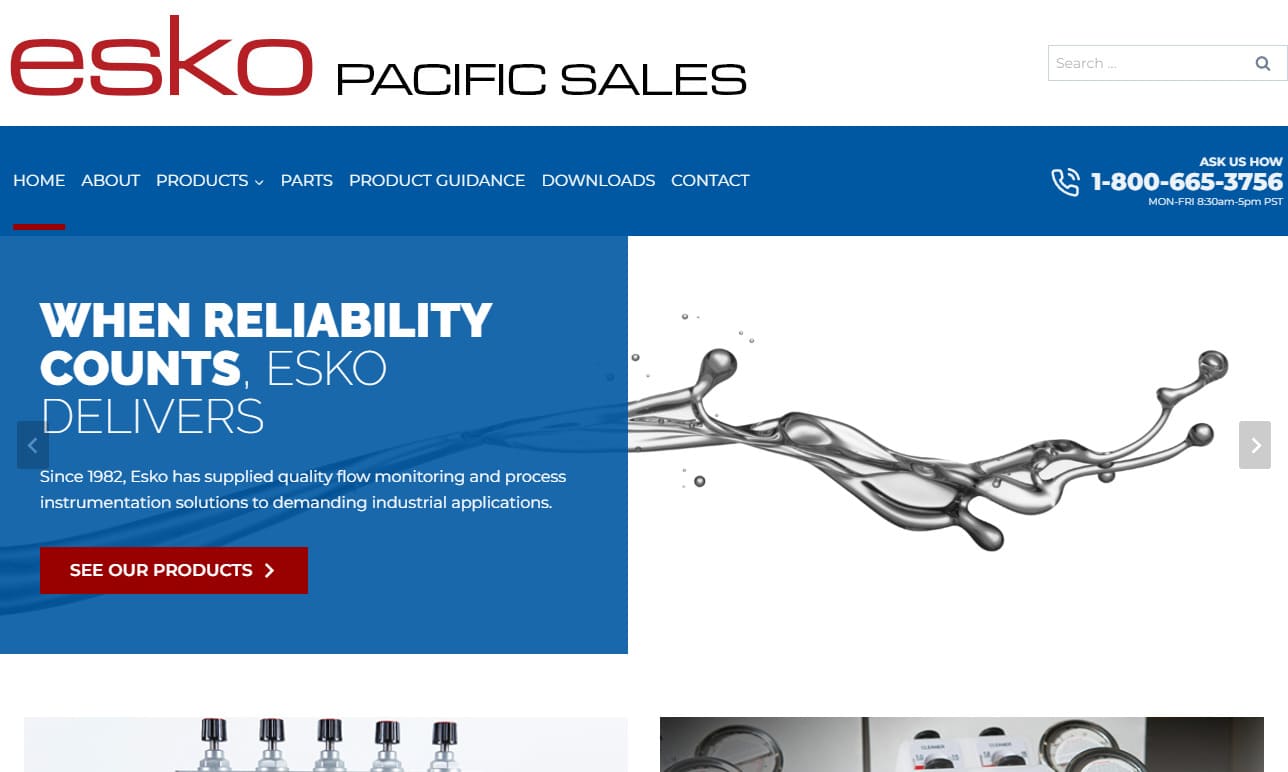

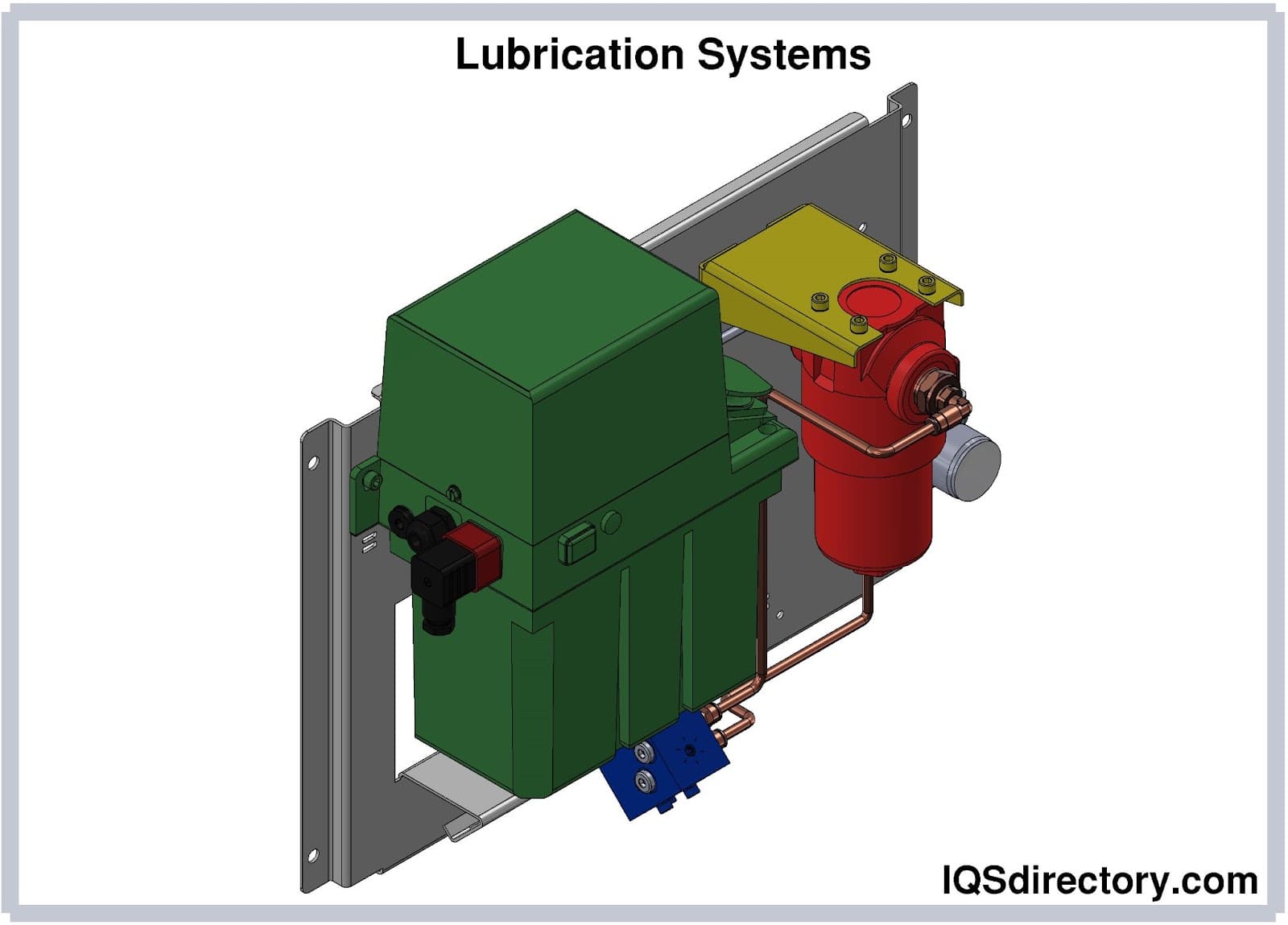
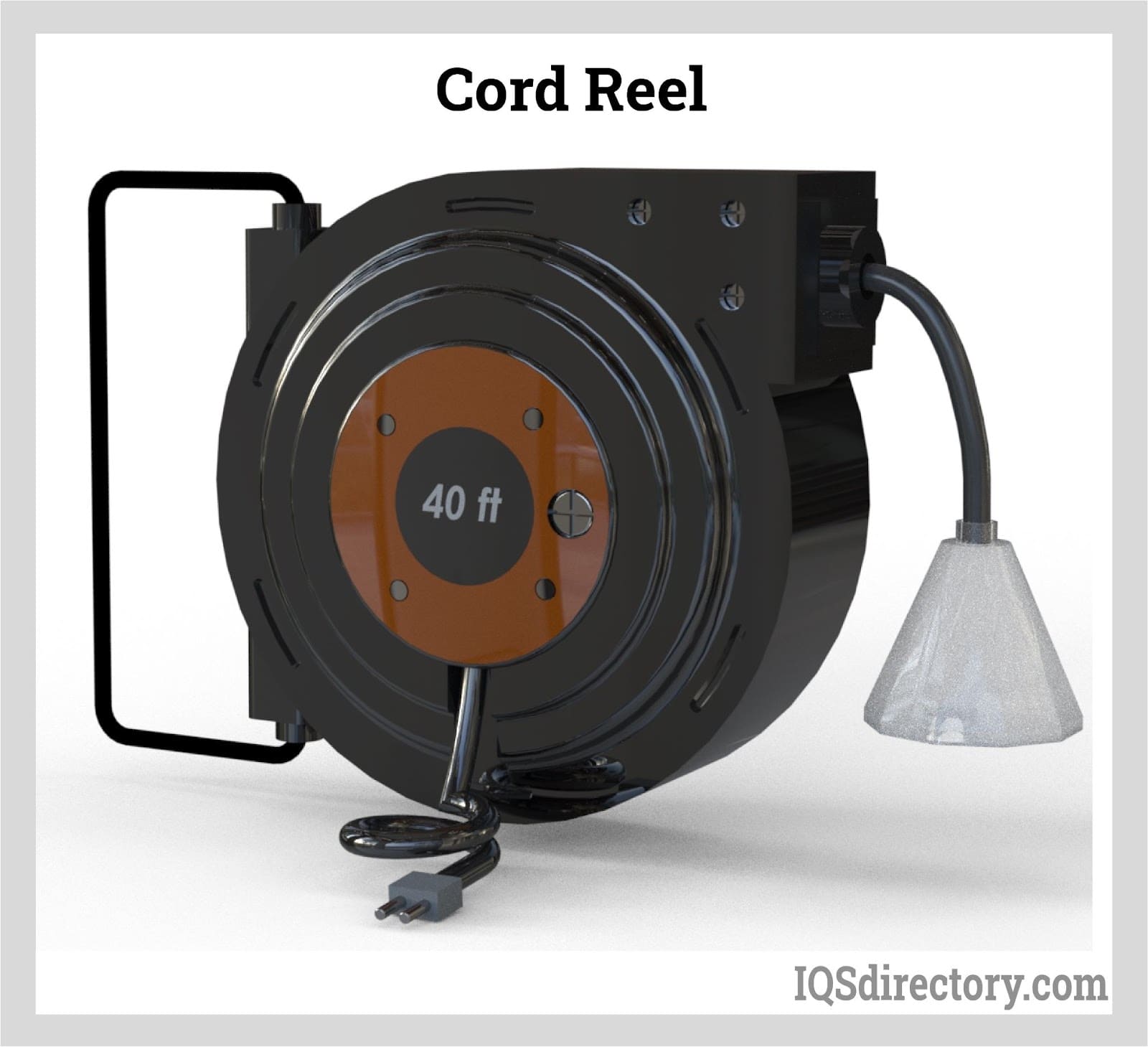
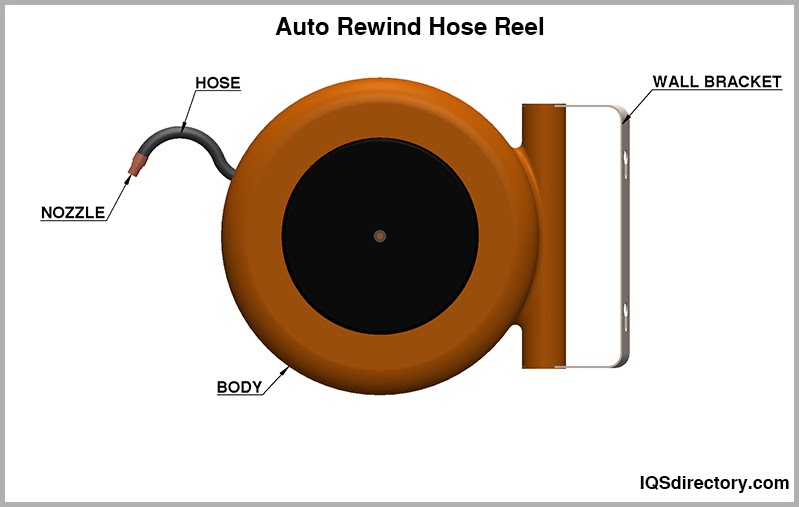

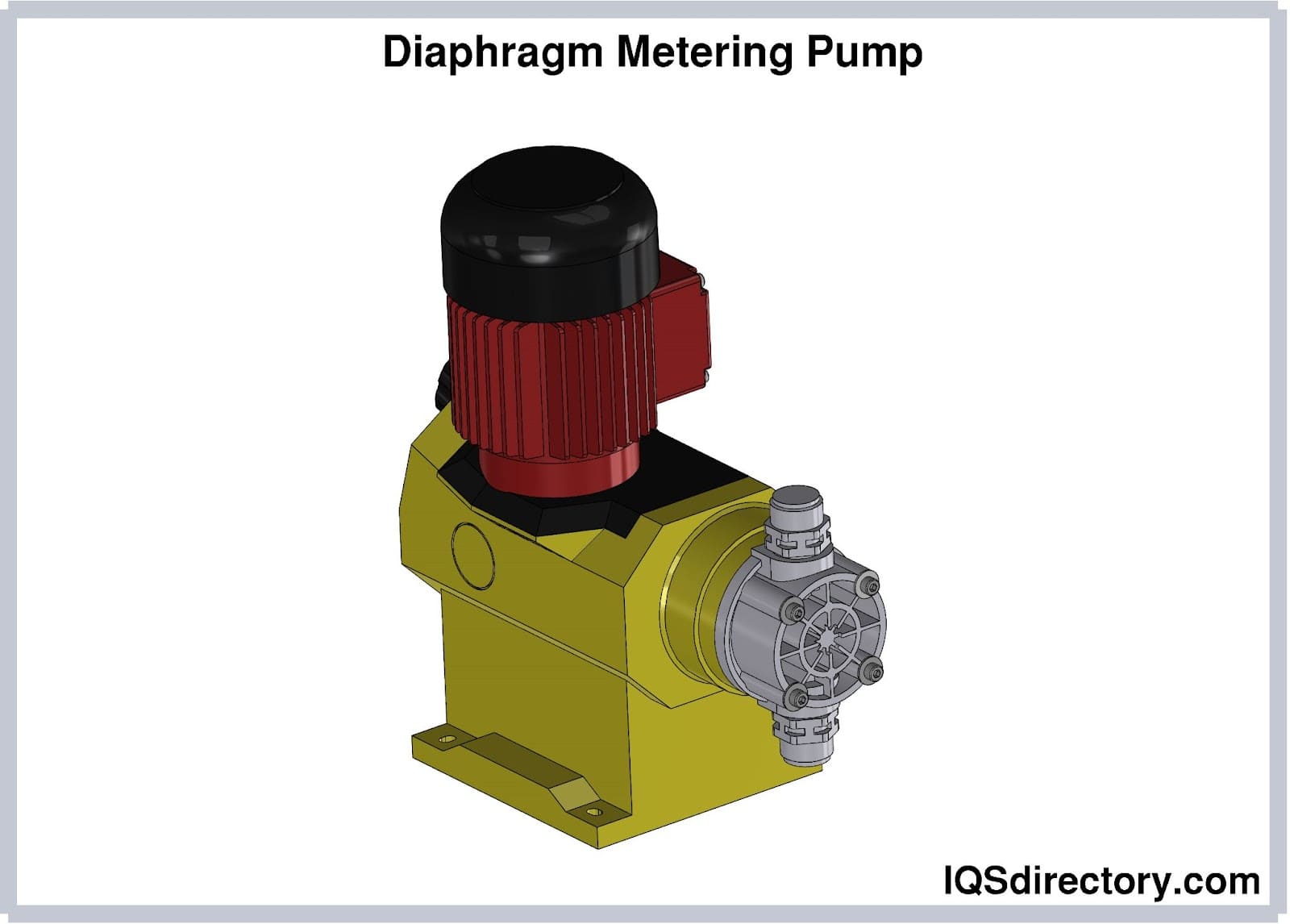

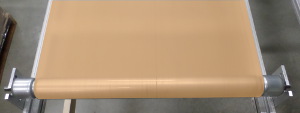 Conveyor Belting
Conveyor Belting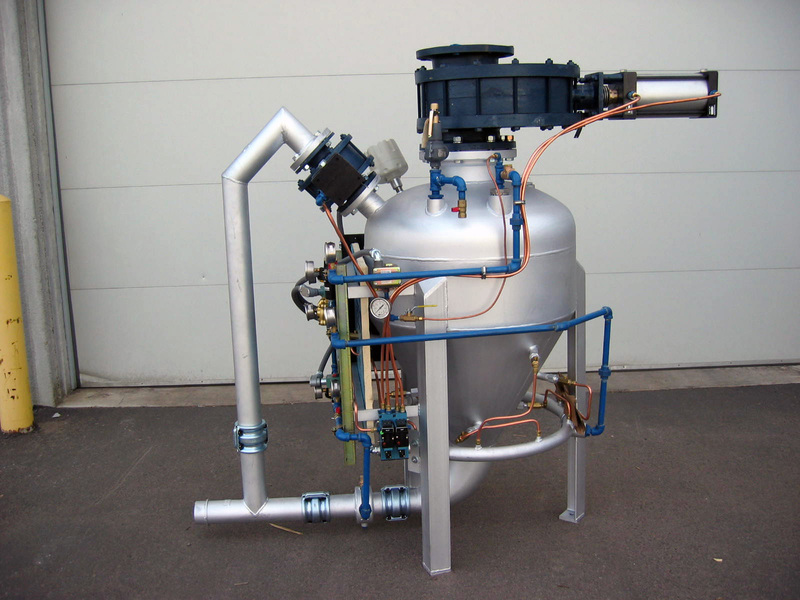 Conveyor Systems
Conveyor Systems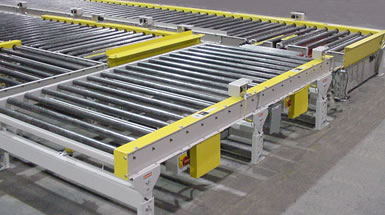 Conveyors
Conveyors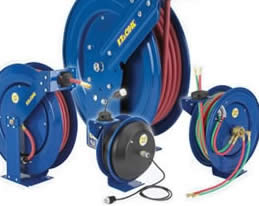 Hosereels
Hosereels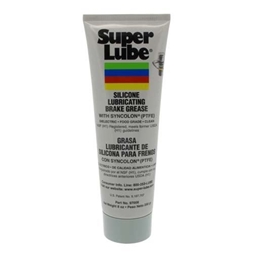 Industrial Lubricants
Industrial Lubricants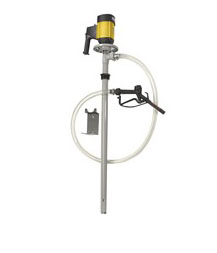 Lubricators
Lubricators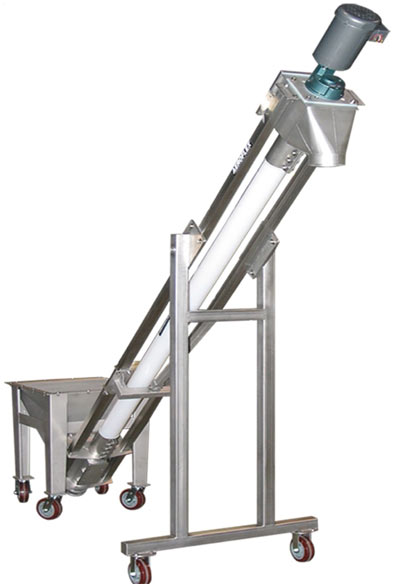 Screw Conveyors
Screw Conveyors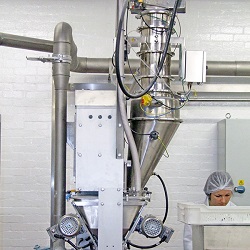 Pneumatic Conveyors
Pneumatic Conveyors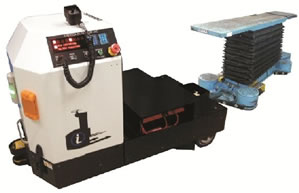 AGV
AGV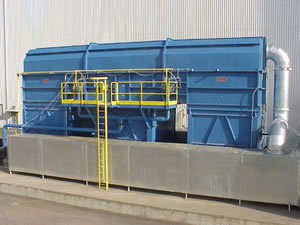 Air Pollution Control
Air Pollution Control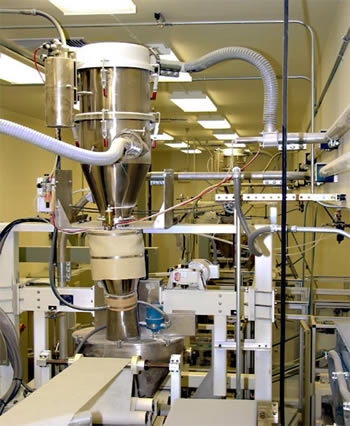 Assembly Machinery
Assembly Machinery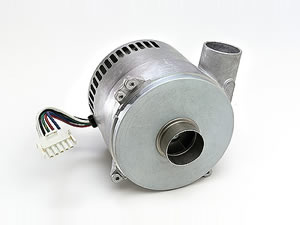 Blowers
Blowers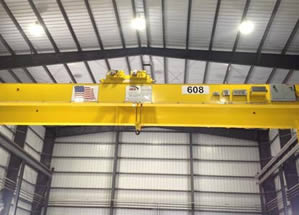 Cranes
Cranes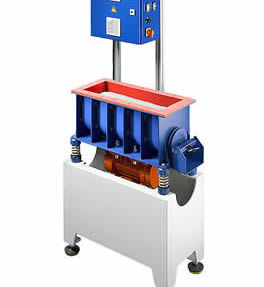 Deburring Machinery
Deburring Machinery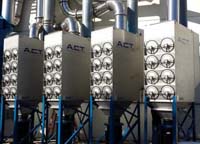 Dust Collectors
Dust Collectors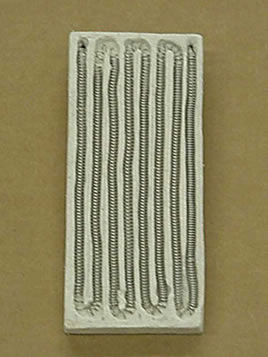 Heaters
Heaters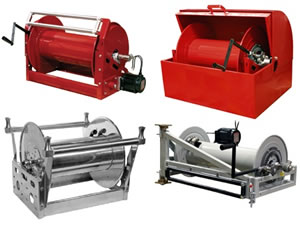 Hose Reels
Hose Reels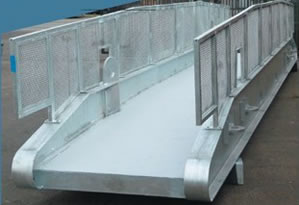 Mezzanines
Mezzanines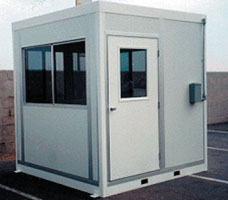 Modular Buildings
Modular Buildings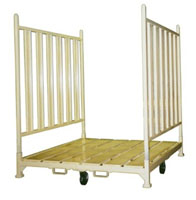 Storage Racks
Storage Racks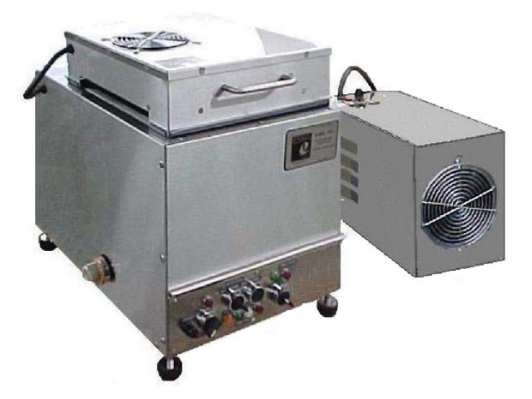 Ultrasonic Cleaners
Ultrasonic Cleaners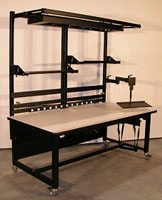 Work Benches
Work Benches